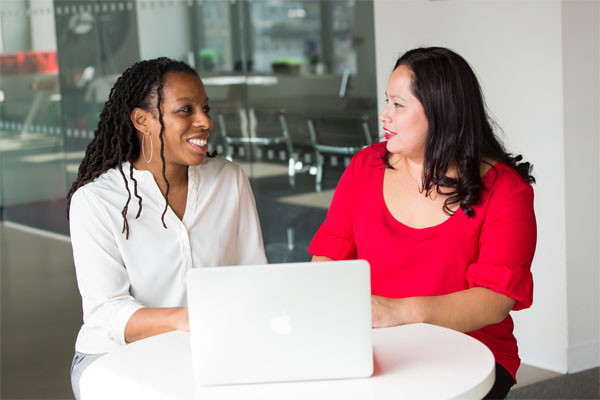Women’s World Banking and the UN Capital Development Fund have announced the launch of the Women’s Digital Financial Inclusion (WDFI) Advocacy Hub. The new global coalition aims to increase women’s digital financial inclusion and accelerate women’s business ownership.
The coalition aims to close the gender gap in access to digital technology, skills and digital financial products for women entrepreneurs; particularly in developing countries. “Three quarters of a billion women around the world are excluded from the formal financial system,” said Mary Ellen Iskenderian, President and CEO of Women’s World Banking. “Imagine the possibilities if those women had equal access to technology, skills, and financial services. The WDFI Advocacy Hub is a groundbreaking global collaboration that will make those possibilities a reality and close the financial inclusion gap.”
The launch comes shortly after the release of the 2021 World Bank Global Findex, which shows the gender gap beginning to narrow. That said, the time it will take to close has only decreased by four years. However, even though Covid-driven digital usage has accelerated inclusion in the short term, unequal access to technology hinders this progress. And it could drive further exclusion.
“The gap may have narrowed, but not fast enough. In some countries it will take over 100 years to reach full inclusion without intervention,” said Iskenderian. “The WDFI Advocacy Hub will accelerate that progress through coordinated advocacy to help women grow their businesses and secure their financial future.”
SIGNIFICANT DRIVERS OF EMERGING ECONOMIES
There are more than 6 million women-owned Micro, Small and Medium Enterprises (MSMEs) in developing countries. That’s nearly 20% of working-age women owning a business. These businesses create additional income for their families and provide women with autonomy and agency. Many MSMEs operate outside the formal economy and lack access to financial products and services that enable businesses to thrive. Despite these challenges, women-owned MSMEs are a significant driver of emerging economies. As such, they must have equal access to the same technology, skills and financial products and services as men; in line with the UN Principles for Responsible Digital Payments.
“As the world attempts to recover from the Covid-19 pandemic, it is fundamental that women’s digital financial inclusion is a priority among national, regional and global decision-makers,” stated Preeti Sinha, Executive Secretary of the UN Capital Development Fund. “Too many women are left behind in this transition to the digital economy. We see many opportunities to accelerate change to ensure women are not left behind.”
The WDFI Advocacy Hub has two interconnected components. The first is local coalitions in Indonesia and Ethiopia made up of civil society, public and private sector organisations. They will advocate for priority women’s digital financial inclusion issues in their markets. The second is the Global Advocacy Hub which will drive coordinated, global advocacy. The WDFI Advocacy Hub’s first priority is to build a diverse global coalition. It aims to add new partners to the hub over the coming weeks.

CHAMPIONING WOMEN’S DIGITAL FINANCIAL INCLUSION
“By championing women’s digital financial inclusion on the ground in developing countries, we can see proof of concept; the opportunities and economic benefits digital financial inclusion can create for communities and for women’s overall economic mobility,” said Sinha.
The use of digital financial products and services were accelerated during the pandemic. Although women’s use of mobile phones and apps increased, their use has not remained consistent. However, women are now 16% less likely than men to use the mobile internet. This equates to 264 million fewer women than men using mobile internet, according to GSMA’s Mobile Gender Gap Report.
“Women entrepreneurs urgently need equal access to digital technology and digital financial services, as well as the confidence and skills training to use them both to their fullest potential,” said Iskenderian. “The WDFI Advocacy Hub can bring together all the research, knowledge and actors, in one place, to turbocharge these three critical elements: technology, finance and know-how.”
Supported by the Bill & Melinda Gates Foundation, the WDFI Advocacy Hub is a collective of diverse stakeholders. This includes financial service providers, FinTechs, civil society, and bi- and multi-lateral organisations. The initiative is led by the Women’s World Banking and the UN Capital Development Fund. Partners so far include the European Bank for Reconstruction and Development; Consultative Group to Assist the Poor; FinEquity; GSMA; International Finance Corporation; The World Bank Gender Group; Better Than Cash Alliance; and Kaleidofin.
For more information on how to become a partner of the WDFI Advocacy Hub, click here.







































